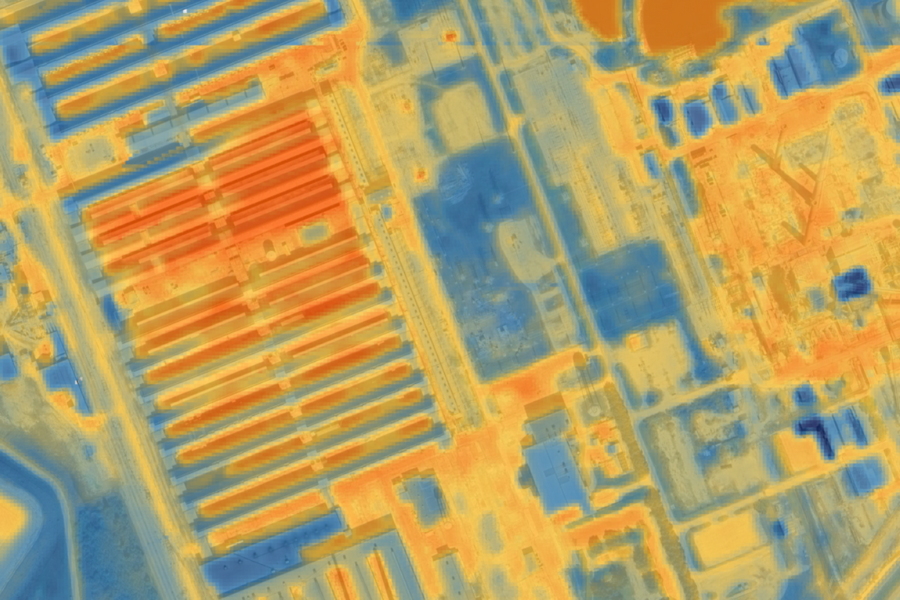US Space Force’s Space Systems Command awards three contracts for National Security Space Launch Phase 3 Lane 1
- Satellite Evolution Group

- Jun 14, 2024
- 3 min read

The US Space Force’s Space Systems Command (SSC) awarded National Security Space Launch (NSSL) Phase 3 Lane 1 contracts to Blue Origin, SpaceX, and ULA. The base Indefinite Delivery Indefinite Quantity (IDIQ) award includes Firm Fixed Price (FFP) Task Orders to each awardee to conduct an initial capabilities assessment and provide an explanation of how they will approach tailored mission assurance.
Mission Assurance is the extensive integration and sharing of methods, resources, tools and results between commercial launch service providers and the government to maximize the probability of launch success. Tailored Mission Assurance is a tiered approach based on the needed breadth and depth of understanding of the launch vehicle baseline and the associated risks to the mission.
New provider, Blue Origin will receive $5 million to conduct an initial capabilities assessment and understand how the launch provider will approach tiered mission assurance; Space X and ULA will receive $1.5 million each since they are incumbent Phase 2 providers, and SSC already understands their launch systems and approaches to mission assurance.
“As the Space Force continues to streamline processes and increase resiliency, the NSSL Phase 3 Launch Service Procurement contracts provide the opportunity to include the most current domestic commercial innovation into our launch program as soon it becomes available,” explained Mr. Frank Calvelli, assistant secretary of the Air Force for Space Acquisition and Integration. “Today marks the beginning of this innovative, dual-lane approach to launch service acquisition, whereby Lane 1 serves our commercial-like missions that can accept more risk and Lane 2 provides our traditional, full mission assurance for the most stressing heavy-lift launches of our most risk-averse missions.”
In conjunction with the IDIQ award, SSC will release two Requests for Proposals: one task order for seven US Space Force Space Development Agency launches and one for the National Reconnaissance Office (NRO). Any launch provider on the base IDIQ contract can bid for launch service task orders provided they have completed a successful orbital launch prior to the proposal due date.
“As we anticipated, the pool of awardees is small this year because many companies are still maturing their launch capabilities,” said Brig. Gen. Kristin Panzenhagen, program executive officer for Assured Access to Space. “Our strategy accounted for this by allowing on-ramp opportunities every year, and we expect increasing competition and diversity as new providers and systems complete development.” The next opportunity for providers to on-ramp their emerging systems to the Lane 1 IDIQ contract will occur in the first quarter of fiscal year 25, followed by several more Task Orders for launch services.
The Phase 3 Lane 1 award period consists of a five-year base ordering period from FY25 to FY29 plus a five-year option. At least 30 NSSL Lane 1 missions are expected to be competed over the five-year base ordering period.
“In this era of Great Power Competition, we designed Lane 1 to leverage commercial innovation and give the Space Force increased resiliency through diversity of launch providers, systems, and sites. Launching more risk-tolerant satellites on potentially less mature launch systems using tailored independent government mission assurance could yield substantial operational responsiveness, innovation, and savings,” added Gen Panzenhagen.
The second part of the NSSL Phase 3 dual-lane strategy will be the Lane 2 competitively awarded FFP Indefinite Delivery Requirements contracts. The Government intends to award up to three contracts for the NSSL Phase 3 Lane 2 Launch Service Procurement later this fall. Lane 2 contracts will include missions that require full mission assurance with NSSL-certified launch vehicles. The payloads included in Lane 2 require launches to more stressing orbits than Lane 1, necessitating higher performance launch systems, and complex security and integration requirements.



Comments